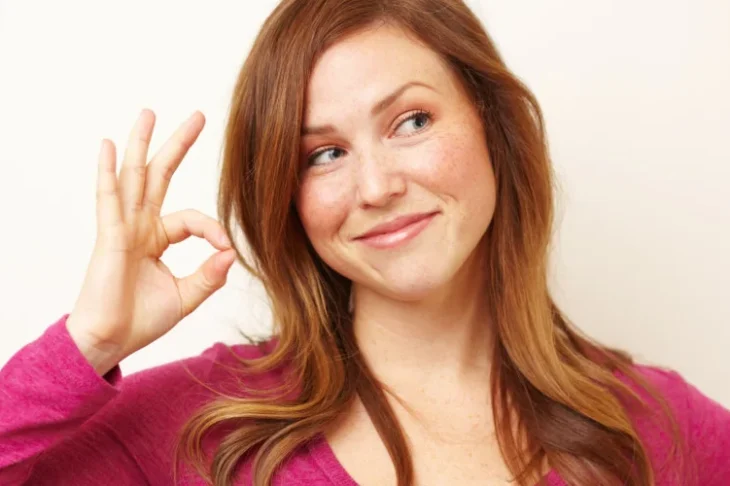
Addiction Among the Elderly
From a biochemist’s perspective, the topic of addiction among the elderly, often termed as the “invisible epidemic,” is an immensely complex but understated problem. A common misconception is that addiction is a young person’s dilemma. However, your age group—those 50 and older—has seen a notable increase in rates of substance misuse. Substances, be it alcohol, opioids, or even marijuana, don’t discriminate based on age. The National Institute on Drug Abuse has even recorded a rise in substance use among adults 50 and older in the past decade.
Why does this happen?
The Complexity of Late-Life Stressors
Retirement, bereavement, or enduring physical pain are pivotal life events, and for you, they may arrive at an age where society mistakenly assumes you’re well-equipped to handle them. But let’s be candid: these stressors can be overwhelming. In South Africa, where the cultural fabric is already strained by economic instability and social issues, these life events can be even more difficult to navigate. Men tend to resort to alcohol, possibly because it has been socially normalized as a coping mechanism for them. Women, on the other hand, often misuse prescription drugs, possibly because they are more likely to seek medical help for their stress and end up with prescriptions that can be misused.
The Baby Boomer Factor
Don’t overlook the impact of generational attitudes on your current behavior. If you’re a baby boomer, you came of age during a time when societal views on substances were becoming liberalized. Those attitudes can persist into older age, essentially legitimizing or normalizing substance use and abuse. Especially in South Africa, where the winds of cultural change have been many and varied, these attitudes can compound the risk of substance misuse among your demographic.
Disguised by Age: The Overlooked Signs
Your friends, family, and even healthcare providers may attribute your symptoms of addiction to the natural aging process, inadvertently making the issue invisible. Post-retirement isolation only exacerbates this problem, giving you both the time and privacy to engage in substance misuse without immediate social consequences. Typical indicators like mood swings or forgetfulness are often dismissed as “normal” signs of aging, thereby missing crucial red flags.
The Prescription Drug Trap
As you age, it’s likely that you’ll end up taking more medications for various ailments. The problem is two-fold. First, your aging body metabolizes these drugs differently, causing them to linger longer and potentially have stronger side effects. Second, you may be seeing multiple healthcare providers who prescribe different medications, raising the risk of harmful drug interactions. This is a critical concern in South Africa, where healthcare systems may be fragmented and records not thoroughly coordinated.
By bringing these nuanced issues into the light, you can better understand the unique challenges that make you or your loved ones susceptible to substance abuse in later life. And in understanding lies the first step to meaningful change.
And let’s not forget about marijuana. While its use for pain relief is recognized, it poses particular risks for your heart rate and blood pressure—elements you already need to monitor closely as you age. Illicit drug use, though lower among the elderly, poses severe risks due to the body’s decreased ability to process these substances, leading to harmful consequences like falls, accidents, and overdoses.
So, what can you do? First, recognize the problem. Speak to your healthcare provider who can direct you to suitable treatments tailored for your age group, which might include medication or therapy sessions. If you’re a family member concerned about an older adult, open a dialogue about it; your concern could be the catalyst they need to seek help.
In summary, your golden years shouldn’t be tarnished by the chains of addiction. And while substance misuse in older adults is a growing problem, especially in challenging societal environments like South Africa, knowledge and open conversation are your first steps towards a healthier you.


